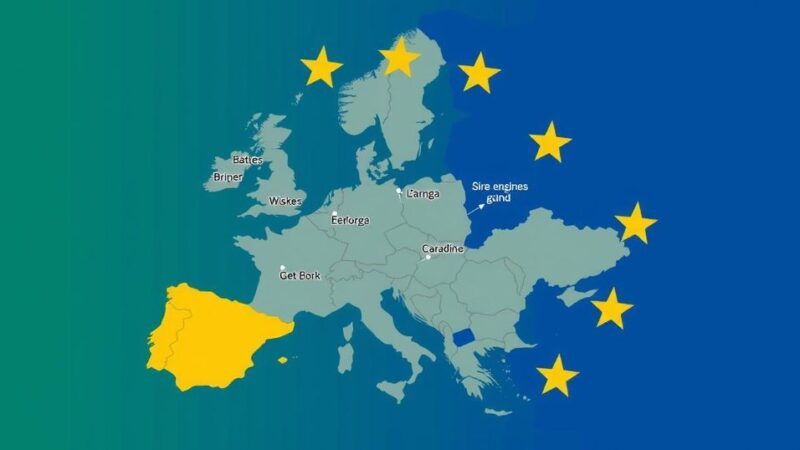A new study indicates that climate change has intensified the ten deadliest weather events in the last 20 years, accounting for over 570,000 deaths across several continents. This research, conducted by scientists from the World Weather Attribution group, illustrates the direct link between human-induced climate change and increased weather severity, emphasizing the need for countries to bolster their climate resilience.
Recent analysis reveals that human-induced climate change has significantly exacerbated the intensity and frequency of the ten deadliest extreme weather events from the past twenty years, resulting in over 570,000 fatalities across Europe, Africa, and Asia. This critical examination was conducted by scientists affiliated with the World Weather Attribution (WWA) group at Imperial College London, highlighting the connection between climate change and catastrophic weather occurrences. The report identifies the drought in Somalia in 2011, which claimed more than 250,000 lives, as the deadliest disaster, with climate change rendering such low rainfall more probable and severe. Similarly, the heatwaves that struck France in 2015, which resulted in over 3,000 deaths, alongside the European heatwaves of 2022 and 2023, which accounted for 53,000 and 37,000 fatalities respectively, were all made significantly more likely due to the changing climate. The researchers also linked the severity of tropical cyclones affecting Bangladesh, Myanmar, and the Philippines, as well as devastating floods in India, to climate change. Dr. Friederike Otto, WWA co-founder, remarked that this study should serve as a critical alert for policymakers who remain reliant on fossil fuels, which are driving global warming. She emphasized, “If we keep burning oil, gas, and coal, the suffering will continue.” Further underscoring the gravity of the situation, Roop Singh from the Red Cross Red Crescent Climate Centre warned that humanity is inadequately prepared for the currently observed degrees of warming, predicting an increase in record-breaking weather events with every increment of global temperature.
The article discusses a pivotal study that examines the influence of human-caused climate change on extreme weather events over the past two decades. Conducted by the World Weather Attribution initiative, the analysis establishes a direct correlation between climate change and the heightened severity of severe weather phenomena, such as droughts, heatwaves, and cyclones, which have led to substantial loss of life. This research is instrumental in shedding light on the evolving understanding of how climate change impacts weather-related disasters, offering a scientific basis for policymakers to reconsider their reliance on fossil fuels and prioritize climate resilience.
In conclusion, the insights drawn from this analysis underscore the urgent need to address climate change, as it has demonstrably amplified the intensity and frequency of extreme weather events, thereby endangering lives globally. The findings call for immediate action from political leaders to transition away from fossil fuel dependence and enhance resilience to climate impacts, as the frequency of such deadly occurrences is projected to escalate with ongoing global warming.
Original Source: www.bbc.com






